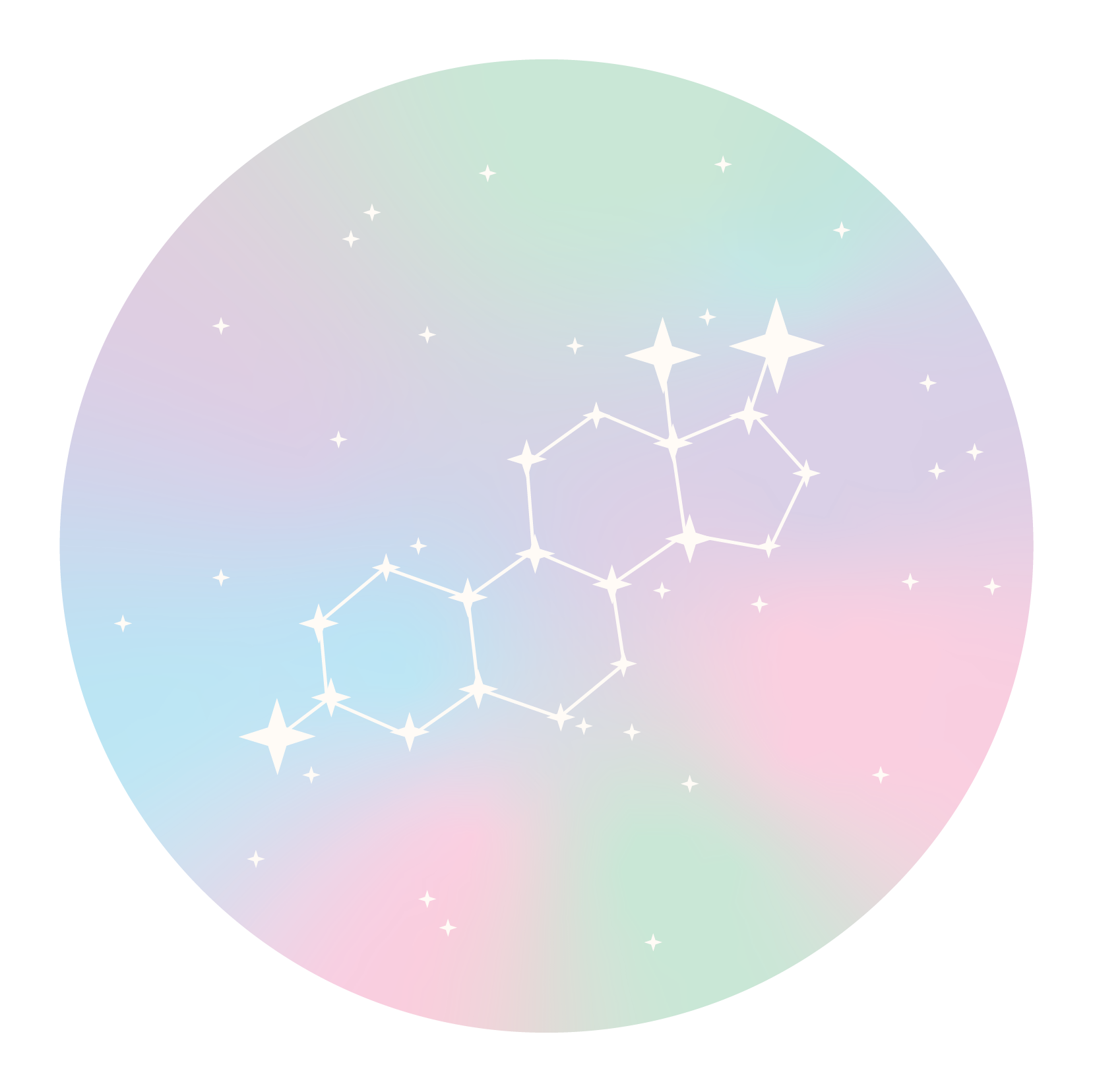ADHD, Hormones, and Why So Many Adults Are Just Now Starting To Struggle
I was 23 when I was diagnosed with ADHD.
It changed everything — and I still felt like I was too late.
But here’s what I’m learning in coaching school (and seeing in real time at work):
So many people don’t find out they have ADHD until their 30s, 40s, or even later — and hormones are a huge part of the story.
In a recent coaching class, we talked about how estrogen impacts dopamine (the neurotransmitter we’re already low on in ADHD brains). When estrogen starts to drop — like during perimenopause or menopause — ADHD symptoms can explode. What used to be manageable becomes overwhelming.
And the wild part? I’m watching it happen around me, too.
I work in a nonprofit where the average age of my coworkers is 45+. Over the last year, I’ve noticed many quiet, honest conversations that go something like:
“I feel like I have ADHD.”
“I used to be so on top of things, and now I feel like my brain just… doesn’t work.”
“It’s like I hit 40/50/55 etc. and everything fell apart.”
These are smart, capable, compassionate people — and they’re struggling. Not because they’re failing. But because the strategies and coping mechanisms they have developed to manage their undiagnosed ADHD are failing.
Because their brains (and hormones) are shifting. And no one ever told them this might happen.
Let’s Break Down the Science a Bit
Here’s what I’ve learned through training and research:
Estrogen directly impacts dopamine and serotonin, two key chemicals involved in focus, emotional regulation, and executive function.
When estrogen levels fluctuate or decline (hello, perimenopause, and its much less known friend andropause), it can intensify ADHD symptoms dramatically — or even bring them to the surface for the first time.
Studies show some people are diagnosed for the first time in midlife, and many report significant cognitive relief with hormone therapy or ADHD medications, even if they’d never been diagnosed before.
So no, it’s not in your head- well actually, it kind of is in your head but really…
It’s in your hormones.
It’s in your neurochemistry.
It’s in the systems that never looked for ADHD in anyone who wasn’t a 10-year-old boy failing school or bouncing off the walls.
My Diagnosis Was Late — But Not Rare
When I finally got diagnosed, I was failing my college classes even though I was taking subjects I loved and not even working a job at the time. My psychiatrist prescribed 10mg of Adderall and said, “This will change your life.” and they were right.
For the first time ever, my brain just… did the thing.
I felt ecstatic, and relieved, and excited!
And then I got mad.
“Wait. THIS is how easy it’s always been for other people?”
For more on this see my previous blog post about it.
And Then I Started Paying Attention
As I’ve continued learning about ADHD in adults — through coaching school, my own experience, and the people around me — a few things have become painfully clear:
ADHD is underdiagnosed in adults — especially women, queer folks, and BIPOC individuals.
Hormonal changes in midlife often make symptoms more obvious and more intense.
Most people don’t know this. Including doctors.
ADHD doesn’t disappear in adulthood — it evolves. And in a world that’s not built for neurodivergent people, that evolution can feel like failure. But it’s not.
You’re not broken.
You’re responding to a system that wasn’t built for your brain, while your brain’s system is crumbling and rebuilding.
What I Want You to Know
Whether you’re just learning about ADHD at 43, or wondering why things feel so much harder after 50, or grieving the life you could’ve had if someone had just seen you sooner — you’re not imagining things.
You’re not lazy.
You’re not “just hormonal.”
You’re navigating something real.
And you're allowed to be angry and confused and lost and ready… ready to learn and to adapt.
And figuring it out later doesn’t make your story less valid — it makes your resilience that much more incredible.
In my course reading I came across this:
”It is Our Privilege: After a lifetime of failures and efforts to find answers independently, adults with ADHD are indeed heroes. It takes great courage to keep going, knowing that another loss, challenge, or failure is likely looming. However, as ADHD Life Coaches, we will take their calls or read their emails, aware that beneath the surface is often guilt, hurt, and shame, yet they still possess the courage to try one more thing. It is truly a privilege as an ADHD Life Coach to provide a sense of hope where there was none and to be trusted by someone so accustomed to being judged and misunderstood.”
I found it so beautiful and so real, and I really identified with it. Because it is a privilege to know these people, to hear their stories and it will be a privilege to work with them.
And I truly can’t wait.
Estrogen Molecule as a constellation because branding.

